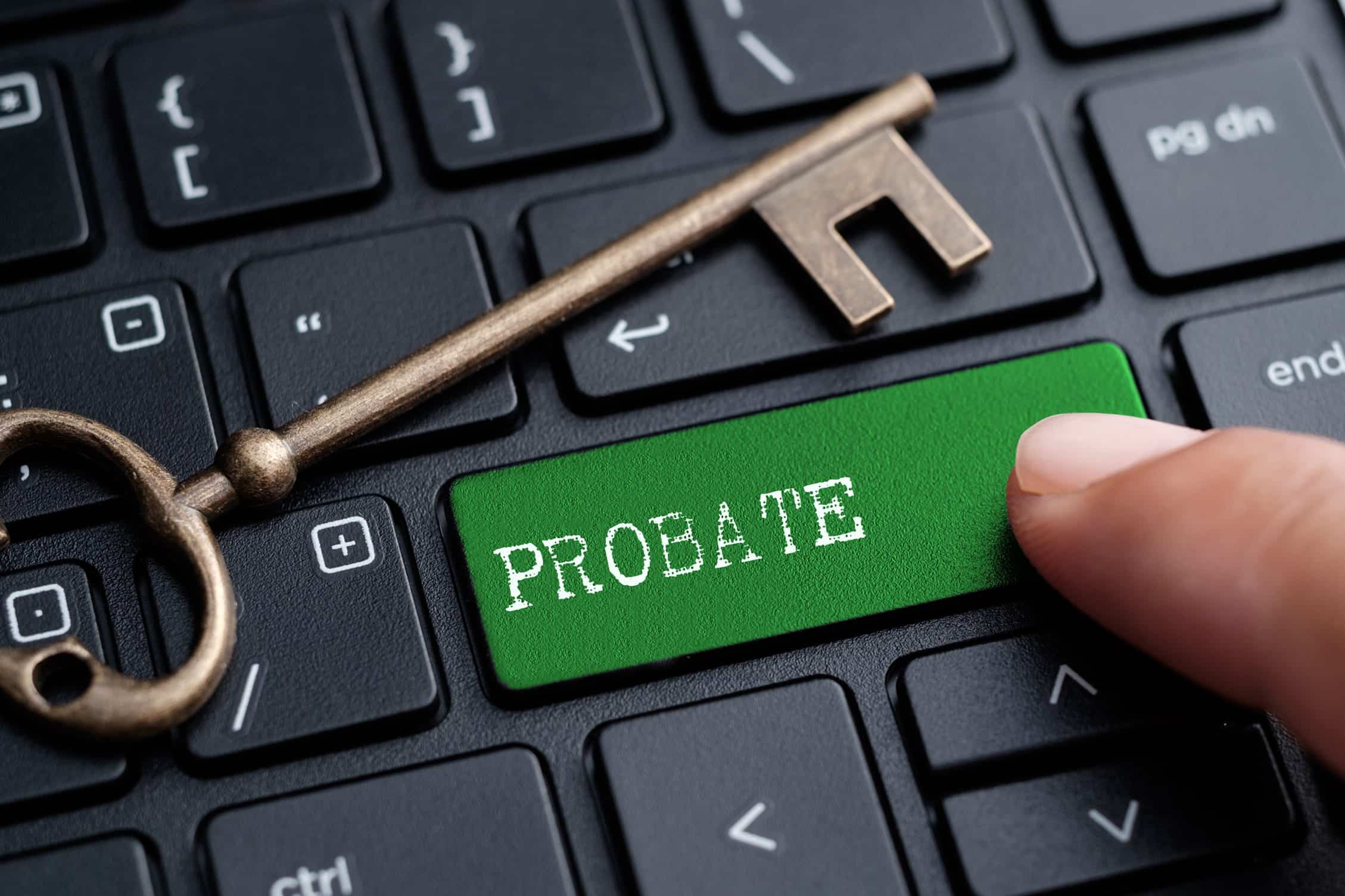Personal Representatives are often unaware of their responsibilities, the process of obtaining a Grant of Representation and how to successfully administer the deceased’s estate.
See our simple step-by-step guide with details of the potential pitfalls that you may be unaware of.
Step 1 – Valuing the estate
You must obtain a valuation for all assets and liabilities of the estate to include property, bank accounts, investments, shares, National Savings & Investment products, personal possessions (including vehicles), life insurance (that has not been nominated outside of the estate) plus details of any pensions.
BEWARE:
- Valuations need to be obtained for assets in joint names as well as in the deceased’s sole name.
- Valuations must be as at the date of death; not current valuations.
- You also need to obtain details of any involvement the deceased had with trusts, loans and gifts.
- Foreign assets must be included.
Step 2 – Preparing the IHT forms and preparing your Probate Application
You must input the valuations you have obtained in Step 1 into the relevant IHT forms.
BEWARE:
- It is essential that the right forms are used to avoid delay. Based on the value of the estate and the estate circumstances, you will need to either complete form IHT205 or IHT400 and the accompanying schedules.
- There are potentially up to four nil-rate bands to take into account (including transferrable nil-rate bands from deceased spouses).
- There are potential exemptions available that can be claimed in relation to gifts, joint property, business property relief, etc.
Step 3 – Making the Probate Application
You will need to submit your completed IHT forms and a probate application.
BEWARE:
- Different processes apply depending on the type of IHT forms you have completed (e.g. IHT205 vs IHT400). It is important that you follow the correct process to avoid unnecessary delays.
- If executors have renounced or appointed someone else to act on their behalf under a Power of Attorney, your application will need to be submitted to a different Probate Registry rather than the central office of HMCTS Probate.
- If inheritance tax is payable, in many cases this needs to be paid – at least in part – up front and it may be necessary to obtain finance for the Personal Representatives to be able to do this.
Step 4 – What to do once the Grant of Representation has been received
You will need to complete all necessary forms to encash, transfer or sell the estate assets and send this to the relevant organisations together with the Grant of Representation. You will also need to settle final invoices, overpayments of pension, Personal Representative’s expenses, debts etc.
BEWARE:
- Court sealed copies of the Grant of Representation are reusable so you must ensure that all organisations return the document to you for future use.
- You may accidentally deal with matters in a way that does not give the Personal Representatives any legal protection against creditors or claims against the estate.
- There is an order of priority for paying creditors.
Step 5 – Settling the HMRC Affairs
Once you have dealt with all the estate assets, you will also need to finalise the deceased’s tax affairs (inheritance tax – if applicable – income tax and capital gains tax) with HMRC. You will need to obtain the relevant tax information from the organisations.
BEWARE:
- New procedures in relation to estates now mean that even in the simplest of estates it may be necessary to return information to HMRC and await clearance.
- You are required to declare any capital gains made on property to HMRC within 30 days from the date of sale.
Step 6 – Distributing the estate
You must ensure that the beneficiaries under the Will or intestacy receive their proper and legal entitlement.
BEWARE:
- Personal Representatives are at risk if they pay money out to someone who is bankrupt.
- Sometimes statutory interest on legacies may have to be paid.
- Beneficiaries have rights and there are accounting procedures that Personal Representatives must follow or they risk being sued by the beneficiaries.
- You must pay special regard to monies held in trust either under the terms of the Will or on a statutory basis.
Administering an estate is not always as simple as at first thought and BTMK are here to assist in all matters relating to Probate and administration. We offer two services as follows:
- Our “Grant only” service – You will obtain all the date of death information and we will complete the relevant IHT forms and then submit the probate application on your behalf. Once the Grant is obtained, you will deal with the remainder of the administration of the estate. However, we can offer assistance on a “Pay as you go” type arrangement.
- Our “Full administration” service – You will provide us with a point of reference for all assets and liabilities and we will do the rest! This will include obtaining the date of death information, completing the relevant IHT forms and probate application, collecting in the assets, paying creditors etc., dealing with HMRC affairs (including any income or capital gains tax returns), preparing full estate accounts, obtaining HMRC clearance and distribution.
For more information or advice, please contact our Wills, Probate, Inheritance and Trusts Team, based in our Leigh-on-Sea (BTMK Goodson) and our Rayleigh (BTMK Todmans) offices.
BTMK can be contacted by e-mail at [email protected], through our website at www.btmk.co.uk (24/7 live chat available) and our main telephone line is open 24/7 (01702 474149).

















